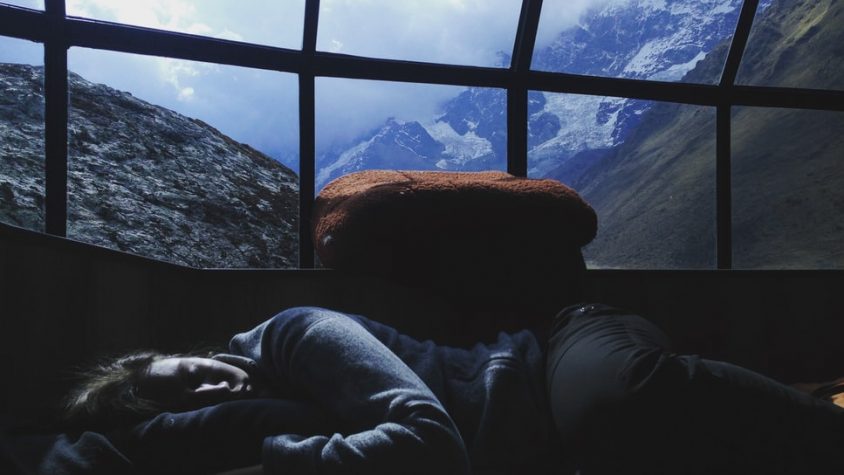Melatonin has been recommended and self-prescribed by doctors to insomnia-sufferers for years. But, how safe it this supplement really? Melatonin is considered a supplement as opposed to a drug because our bodies actually produce melatonin. According to the article in Critical Medicine, “Melatonin...
Melatonin has been recommended and self-prescribed by doctors to insomnia-sufferers for years. But, how safe it this supplement really?
Melatonin is considered a supplement as opposed to a drug because our bodies actually produce melatonin. According to the article in Critical Medicine, “Melatonin is a chronobiotic, a hormone that adjusts the timing of the central biological clock, including the timing of the sleep-wake cycle.” Basically, the hormone in your brain responds to darkness, therefore setting your biological clock.
So, who suffers from sleep disorder? Well, anyone. Particularly children with neurodisabilities and severe visual impairment, their families, the blind, those with delayed sleep-phase syndrome (DSPS), and the elderly. These people would normally seek professional medical help, which usually results in the use of hypnotics, including benzodiazeoines and non-benzodiazepines. Yet, these drugs are known to induce addiction, cause withdrawal symptoms, and in turn, may even worsen the insomnia.
To steer clear of this potential addiction, people are turning to the natural supplement, melatonin. Since it is an over-the counter supplement, self-medicators now use it in order to sleep after jet lag or even a night shift at work. However, what many of these self-medicators don’t know is that melatonin helps with more than just insomnia.
According to an article in Live Science, “Melatonin also regulates the start of menstruation, the length of ovulation cycles and menopause.” In fact, melatonin levels are linked to certain types of cancers. Most women who have breast cancer have low levels of melatonin. Similarly, men with prostate cancer also have low levels of melatonin. For this reason, there are studies that show that those working irregular hours and therefore with irregular sleep schedules have an increased rate of cancer.
Not only does this supplement help prevent cancer and insomnia, many conditions actually benefit from it. These include Alzheimer’s disease, tinnitus, depression, fibromyalgia, and epilepsy.
While it is considered safe for those taking it for a short period, unfortunately, like many supplements or drugs, there are side effects to taking melatonin. Specifically, these include “headaches, daytime sleepiness, short-lived depression symptoms, stomach cramps, dizziness, and irritability.” On top of that, it is advised that children and adolescence should not use melatonin as it could affect other hormones and interfere with their development.
Taken in the proper dosage and at the proper time, melatonin is effective. But, since it is a hormone and not a vitamin, people tend to overlook the amount they take. According to WebMD’s article on melatonin use, US consumers spent $259 million on this supplement in 2018. In 2018, there was a ruse to over $425 million. During this time, though, there was an 86% increase in calls to poison control centers about melatonin use in children. In 2018, there were over 30,000 calls about melatonin, 24,000 of them about children 12 and under.
Despite these statistics, melatonin is still safe for children and is the second most used natural product for children. When using the supplement in a safe and correct way, children are found to sleep longer and with disturbances.
Katy Siwirski has been self-prescribing melatonin for almost a year now. “I couldn’t sleep at night.” Siwirski was having difficulty going to bed so she turned to the vastly used natural supplement. “I started off with the gummies but then switched to the pills. I just pop two of them and then sleep through the night.” Siwirski takes 10mg of melatonin at night and has not felt any side effects. In order to help with your own, natural production of melatonin, try putting away your electronics an hour or two before bed. Since melatonin is based off of the light you see, using the blue and green lights from your smartphone, computer, or television before bed may neutralize the effects. Additionally, during the day, spend some time in the sunlight so your body can help to program itself for bedtime.

